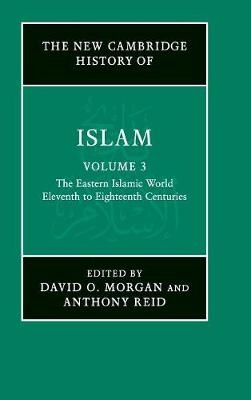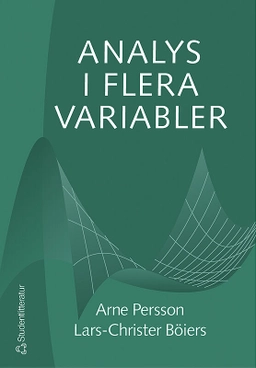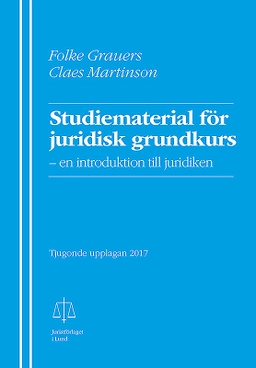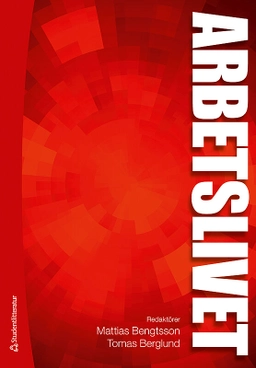

The new Cambridge history of Islam
- Utgiven: 2010
- ISBN: 9780521850315
- Sidor: 756 st
- Förlag: Cambridge Univ. Press
- Format: Inbunden
- Språk: Engelska
Om boken
Åtkomstkoder och digitalt tilläggsmaterial garanteras inte med begagnade böcker
Mer om The new Cambridge history of Islam (2010)
2010 släpptes boken The new Cambridge history of Islam skriven av David Morgan, Anthony Reid. Den är skriven på engelska och består av 756 sidor. Förlaget bakom boken är Cambridge Univ. Press.
Köp boken The new Cambridge history of Islam på Studentapan och spara pengar.
Referera till The new Cambridge history of Islam
Harvard
Oxford
APA
Vancouver



















